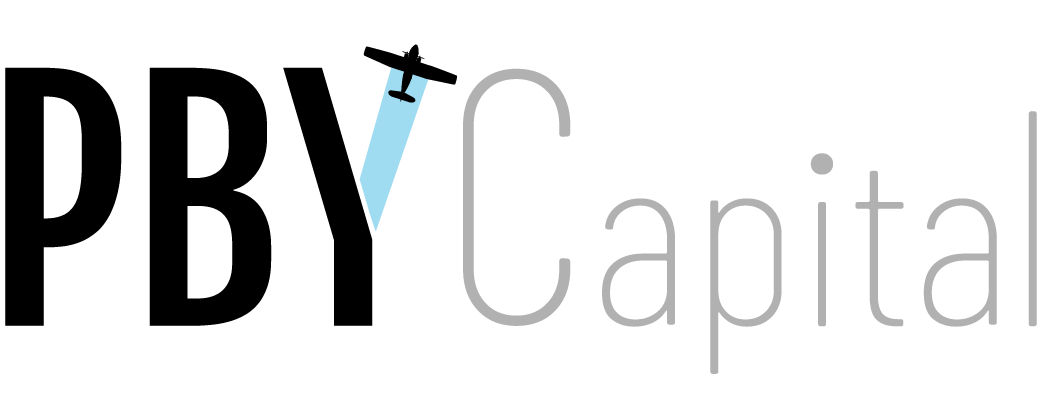Security selection a hazy proposition, especially for HNW investors
‘Whatever your portfolio construction, I would not recommend actively trading the underlying securities in it'

Article content
By now, you will have almost certainly heard a few stories about the folly of stock picking as a viable way to beat the market. The problem that high-net-worth (HNW) investors are disproportionately saddled with is they are bombarded with people who purport to be able to add value by doing things that, in aggregate, cannot possibly be true.
There are three basic equity building blocks investors might use to mix and match in their portfolio construction: individual securities, ETFs and/or mutual funds. Very few HNW investors use funds, but I will mention them for the sake of completeness and comparison. Mostly, funds are used as an example of what NOT to do.
To provide structure and consistency to this discussion, I should add there are a couple of industry terms you might be somewhat familiar with that nonetheless need to be defined:
- Alpha – The pursuit of reliable, consistent and superior risk-adjusted returns.
- Closet indexing – The practice of masquerading as an active manager while holding a portfolio basket that nearly replicates the index it tracks.
No matter what vehicles are used, these two concepts need to be considered when assessing options.
There’s a simple way to think of them. They are, respectively, the dream and the reality of how most traditional mutual funds are managed.
Everyone wants alpha at a micro (personal) level, but alpha does not even exist on a macro (aggregate) level. A metaphor many use is that no matter how high anyone’s mark is, if everyone else in the class has a high mark, the class will have a high average, but it will be difficult to beat the average.
Winning ‘in a persistent, reliable manner’?
This was explained simply by a Nobel prize winner named William F. Sharpe of Stanford University who wrote a paper about 30 years ago called “The Arithmetic of Active Management.” In it, he showed the self-evident logic that any market is made up of active managers (traders) and passive managers (benchmark replicators). Any benchmark (such as the TSX) is merely the sum of all active and passive participants. Seeing as the passive people merely replicate the benchmark, their returns will equal the return of the benchmark minus their fees. It follows that the average return of all active managers will also equal the total benchmark minus fees. Since average active fees exceed average passive fees, it logically follows that the average passively managed dollar must outperform the average actively managed dollar.
Seven- and eight-digit portfolios need to be protected and defended more than they need to be grown, so investors need to minimize volatility and significant drawdowns.
Of course, it is also possible to drown in a river only two feet deep on average. Variation matters, too. The related concept that needs to be considered is persistence. Think of winning a lottery. No one says it is impossible to do – there’s usually a winner every week or two. It is, however, difficult to do in a persistent, reliable manner.
So it is with “beating the market.” It absolutely can be and has been done, just not with any persistence or reliability. This is so obvious that actively managed products are universally offered with a disclaimer that admonishes would-be purchasers with the reminder that “past performance may not be repeated and should not be relied upon.” Basically, no matter what happened in the past, you’re on your own going forward. The people at Standard & Poor’s put out semi-annual reports in all major OECD nations with 1-, 3-, 5- and 10-year return experiences. Without exception, the longer-term returns are below their benchmarks for all asset classes in all countries.
How wealthy investors do it
Wealthy investors seldom worry much about getting the last bit of outperformance out of their portfolio so much as they are determined to manage risk and avoid large losses. The research behind this is known as Prospect Theory. Seven- and eight-digit portfolios need to be protected and defended more than they need to be grown, so investors need to minimize volatility and significant drawdowns.
Volatility can be thought of in terms of its components: dispersion and correlation. Active managers should prefer above-average dispersion, because stock selection “skill” is presumably worth more when dispersion is high. At the same time, the price of any active strategy — in terms of incremental volatility — will be relatively small when correlations are high. Both correlation and dispersion are currently below average, indicating particularly challenging conditions. In short, a proposition that was improbable to begin with has become increasingly improbable in the current environment.
The challenge now is to construct a portfolio that “ticks all the boxes” regarding risk, return and tax efficiency. Exchange traded funds (ETFs) offer broad diversification and are especially helpful for gaining access to parts of the world where valuations are attractive and where access via traditional markets is less convenient. Europe and emerging markets (for both stocks and bonds) come to mind. By adding asset classes that are relatively under-owned, investors can extend the so-called “efficient frontier” of asset combinations that can maximize returns for any given level of risk.
The real payoff for HNW investors, however, is by combining individual securities to a level that is calibrated to your unique circumstances. Perhaps you’re a corporate executive with stock options. Perhaps you inherited $1 million in BMO stock from Aunt Ethel in 2004 and don’t want to trigger a massive capital gain in a rebalancing.
Do your research on the front end
However you go about portfolio construction, I would not recommend anything like actively trading the underlying securities in it. If the pros can’t reliably add value, you shouldn’t even attempt it. The old saw is that a portfolio is like the bar of soap in your shower – the more you touch it, the smaller it gets.
Rather, do your research on the front end and make relatively few adjustments along the way – trimming winners that have done particularly well, engaging in year-end tax loss selling on securities that no longer have a compelling thesis, that sort of thing.
One last thing to consider if working with an advisor would be the possible use of separately managed accounts (SMAs). These are cost-effective and tax-effective, and they offer fantastic reporting, and are highly customizable. In addition, SMAs often provide access not only to the harder-to-access asset classes noted earlier, but also to alternative asset classes and unique mandates that can really enhance risk-adjusted returns to make them applicable for virtually any risk appetite.
The simple takeaway is that stock picking and traditional security selection are nebulous value propositions to say the least. Investors in general, and HNW investors in particular, can certainly do better using other options.
John De Goey is an IIROC-licensed portfolio manager with Wellington-Altus Private Wealth (WAPW) in Toronto. This commentary is the author’s sole opinion based on information drawn from sources believed to be reliable, does not necessarily reflect the views of WAPW, and is provided as a general source of information only. The opinions presented should not be relied upon for accuracy, nor do they constitute investment advice. For proper investment advice, please contact your investment advisor. John De Goey can be reached at john.degoey@wprivate.ca.
Get the latest stories from Canadian Family Offices in our new weekly newsletter. Sign up here.




